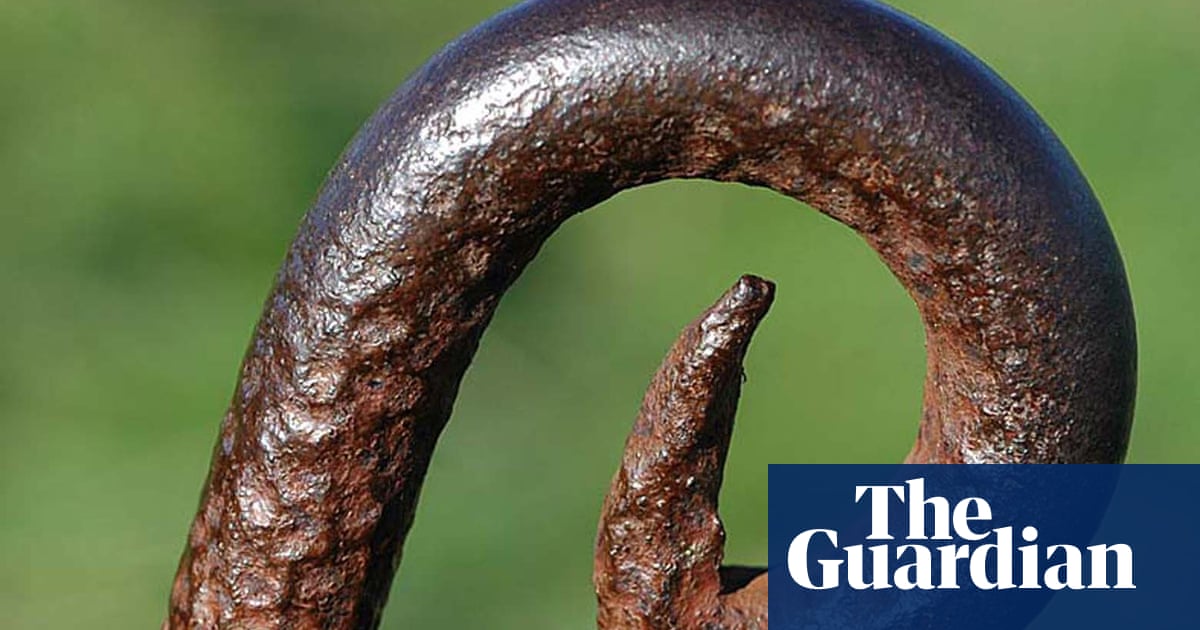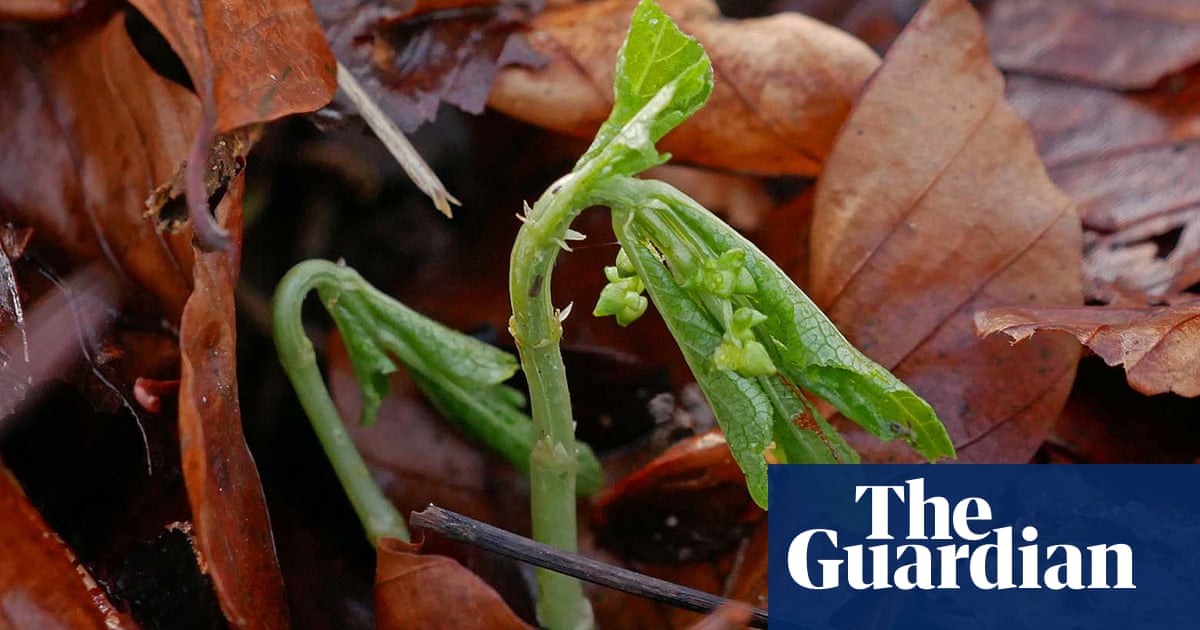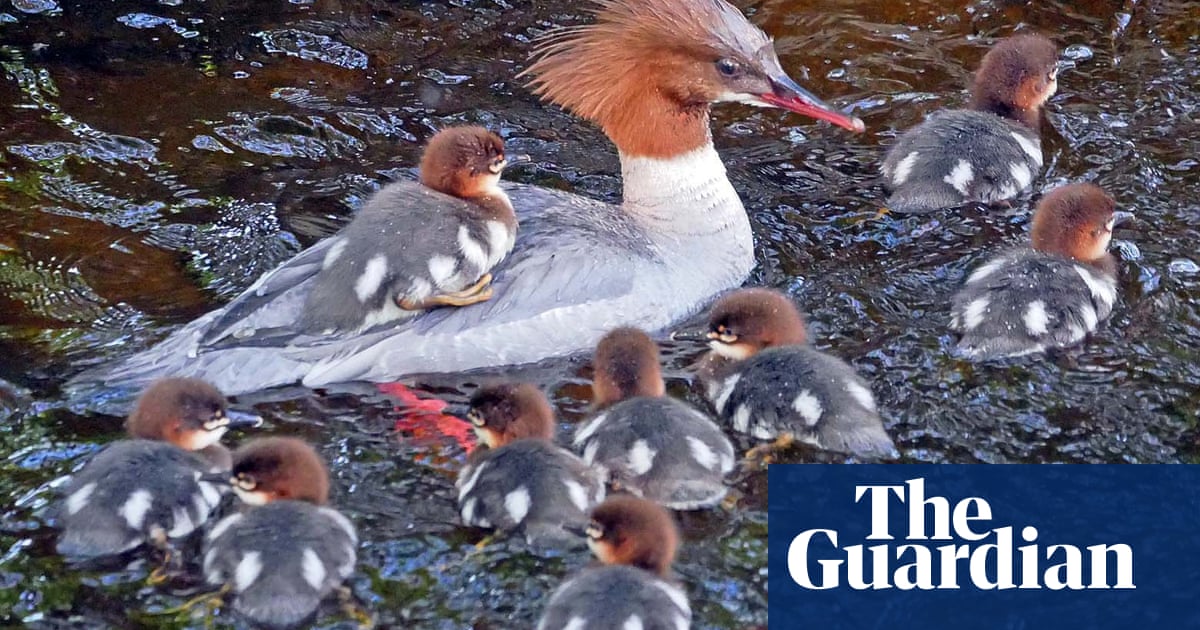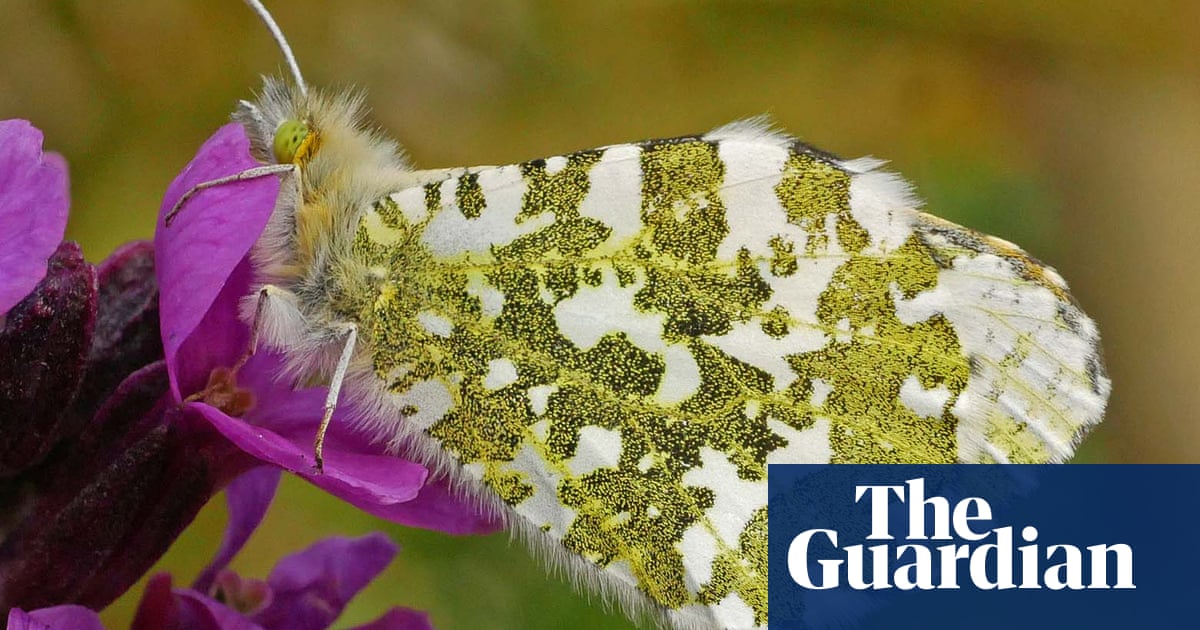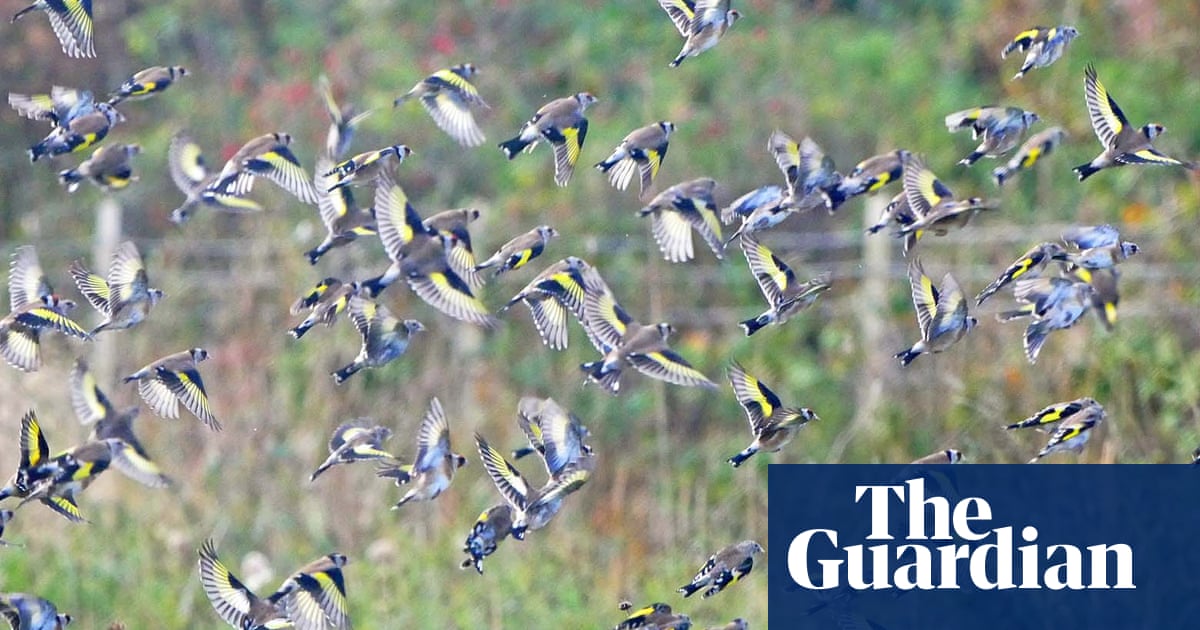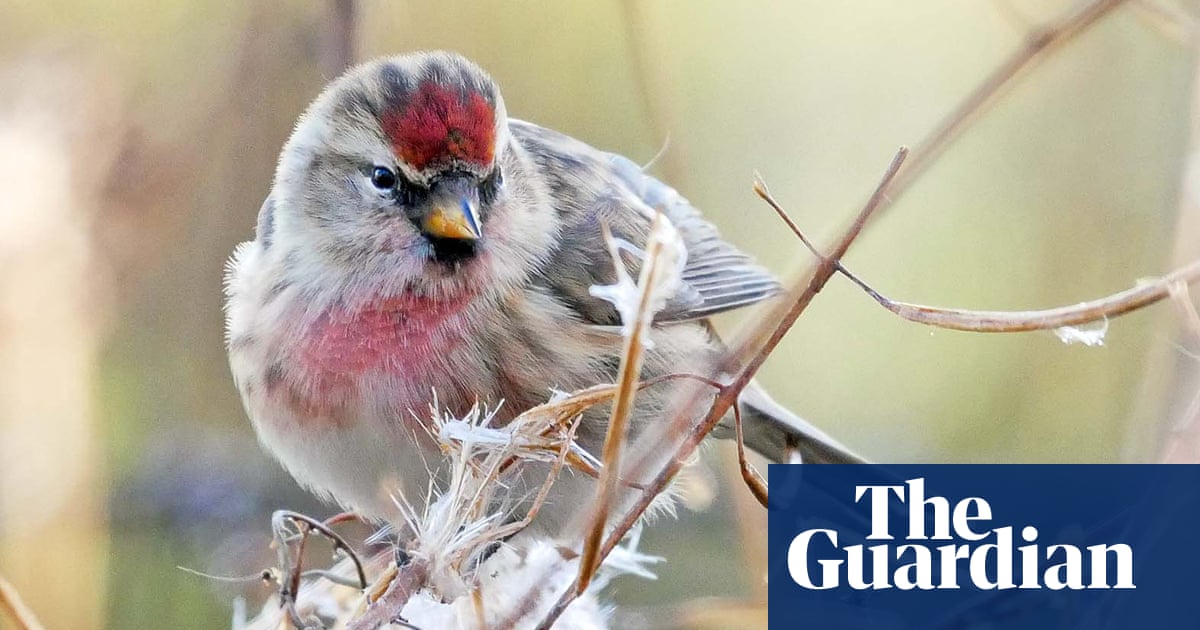
Amisty, watercolour winter morning. Windless, perfectly still except for one shaking stem among a dense stand of tall seedheads of last summer’s rosebay willowherb. The perpetrator – a redpoll – appeared, methodically working its way up each sun-bleached stem, running each dry, curled pod through its beak to extract the few remaining seeds.
On our weekly walks along this former railway line, we’ve often seen small flocks of redpolls, usually mingled with siskins, always in the treetops, silhouetted against the sky. They raided silver birches, sending down showers of tiny winged seeds as they tore into last autumn’s seed catkins. Lately, they have plundered the alders, extracting seeds from woody cones. Never still for long, though, often erupting for no apparent reason into skittish flights before settling in another tree. We’ve watched their antics without managing to get a really good look at one.
This bird, though, is obliging, hopping from stem to stem, beak full of whiskery willowherb seed, just few yards away. A beauty, a work of art; soft graphite-streaked plumage, a neat black bib, a dab of raspberry red on its forehead and a dry-brush dusting of the same hue across its chest.
Why is this one so trusting? Hunger overriding fear, probably. The birch seed season is long past. Cones on the alder branches have shed their seeds; now they trail long pollen catkins in preparation for next autumn’s crop. The larder is bare. In these dying weeks of winter, it must hard for these tiny, seed-eating finches to find enough food. Which may explain why they are becoming increasingly frequent visitors to garden bird tables.
This unmanaged, no-man’s land wayside with its washed-out winter colours, where our bird is feeding, is commonplace, botanically unremarkable. There is withered bracken; some old, leggy gorse bushes with a smattering of flowers and a few seed pods; a tangle of brambles, still with mummified blackberries that nobody picked, leaving seeds for the birds; some knapweed “hardheads”, already shredded by goldfinches; willowherb, with its twisted candyfloss pods that somehow hung on to their harvest until a redpoll arrived. But the value of habitats like this is so much greater than the sum of their parts.




